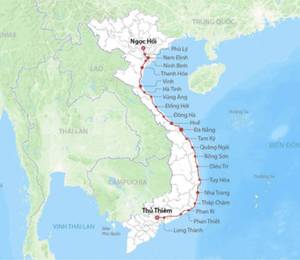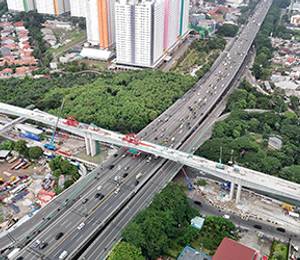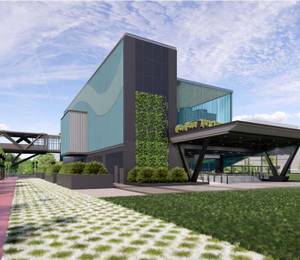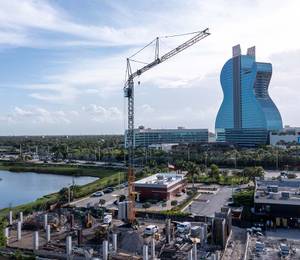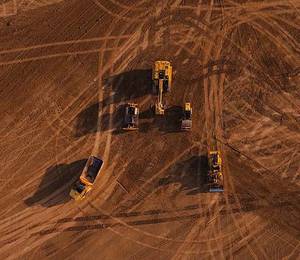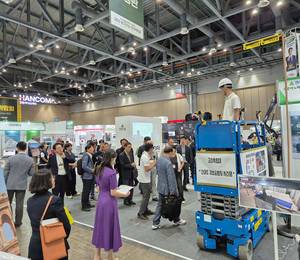Construction work has begun on the 920-m Danjiang Bridge in Taiwan. It is believed to be the world’s longest single-mast, asymmetric cable-stayed bridge. Spanning the mouth of the Tamsui River that flows through Taipei, the project is integral to the infrastructure upgrading programme of northern Taiwan. It aims to reduce through-traffic on congested local roads by linking Highway 2 on the river’s eastern side with Highway 15, the West Coast Expressway (Route 61) and the Bali-Xindian Expressway (Route 64) on the western side.
In reducing traffic by 30% on the existing Guandu Bridge 5-km upriver, the new Danjiang Bridge will significantly improve Taiwan’s northern coast traffic network and also enhance accessibility throughout the region with the Port of Taipei and Taoyuan International Airport.
The bridge is said to minimise its visual impact by using a single concrete mast to support its main 450-m span with dedicated road, cycle and pedestrian lanes. The design also accommodates future expansion of the Danhai Light Rail network across the Tamsui River.
A Sinotech Engineering Consultants and Leonhardt, Andrä and Partner joint venture with Zaha Hadid Architects, the bridge’s 200-m mast is engineered to be as slender as possible.
Positioned to optimise structural performance as well as views of the setting sun from popular viewing points along the riverbank, the mast’s location also avoids impeding the navigability of the river, explained Zaha Hadid Architects. This single-mast design minimises disruption to the riverbed in accordance with the enhanced protection programmes of the Tamsui River estuary’s ecosystem as a nature reserve.
When completed, Danjiang Bridge is expected to reduce the journey between Bali and Tamsui on either side of the river by 15 km, saving 25 minutes of travelling time for those crossing the river. With a construction schedule of 68 months and budget of NT$12.49 billion (US$405.2 million), the new bridge is scheduled to open in 2024.
